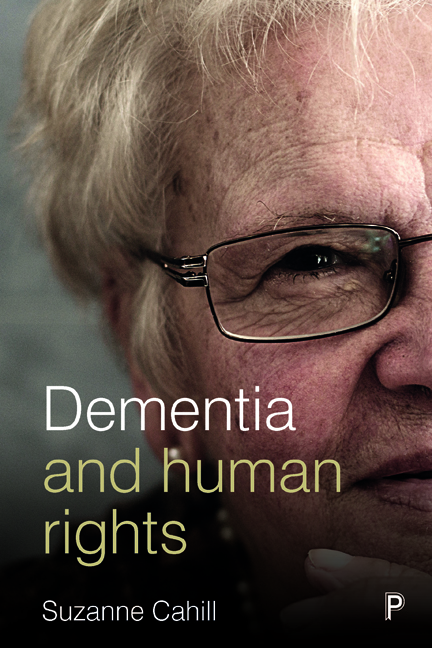Foreword
Published online by Cambridge University Press: 22 April 2022
Summary
For most of the past century, people with dementia were viewed through a biomedical lens and treated accordingly. This was logical to a degree because dementia is a syndrome produced by many different diseases that damage the brain and it is true that dementia is defined by dysfunctions in particular aspects of explicit memory, language, visual perception, and the organization of movement as demonstrated on standard neuropsychological tests. The use of a biomedical lens alone, however, is inappropriate if one seeks to understand the subjective experience and remaining abilities of people living with dementia.
In the past thirty years, through the increased use of a biopsychosocial lens, we have learned that the actions of people living with dementia are not due solely to brain damage, but also involve (1) their psychological reactions to the effects of brain damage, (2) how they are treated in social situations, and (3) their reactions to said treatment. We have learned also that people with dementia are semiotic subjects: they can act intentionally and appropriately in response to the meaning of social situations. As well, they are able to evaluate those situations in terms of the values and meanings they have held dear for the balance of their adult lives. For example, they can respond appropriately to the emotional needs of others, seek to avoid potentially embarrassing and humiliating situations, feel and demonstrate self-respect and proper pride, feel and demonstrate loneliness as well as being loved and respected, miss their loved ones, express themselves creatively, appreciate and display humour, along with a host of other healthy socio-cognitive abilities. People living with dementia share much social and emotional common ground with people who are deemed healthy. This has become increasingly apparent as their voices have been heard and respected as meaningful rather than being summarily dismissed as reflections of pathology and as they have been engaged in places other than hospital and memory clinics. Indeed, although a person with dementia may have difficulty finding and pronouncing words and organizing them syntactically, if we assume that the person is trying to tell us something meaningful, it is possible to facilitate the person's expression of his or her thoughts and open lines of communication.
- Type
- Chapter
- Information
- Dementia and Human Rights , pp. xi - xivPublisher: Bristol University PressPrint publication year: 2018



